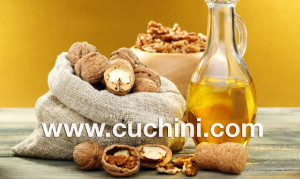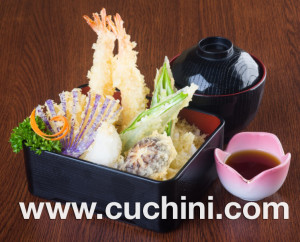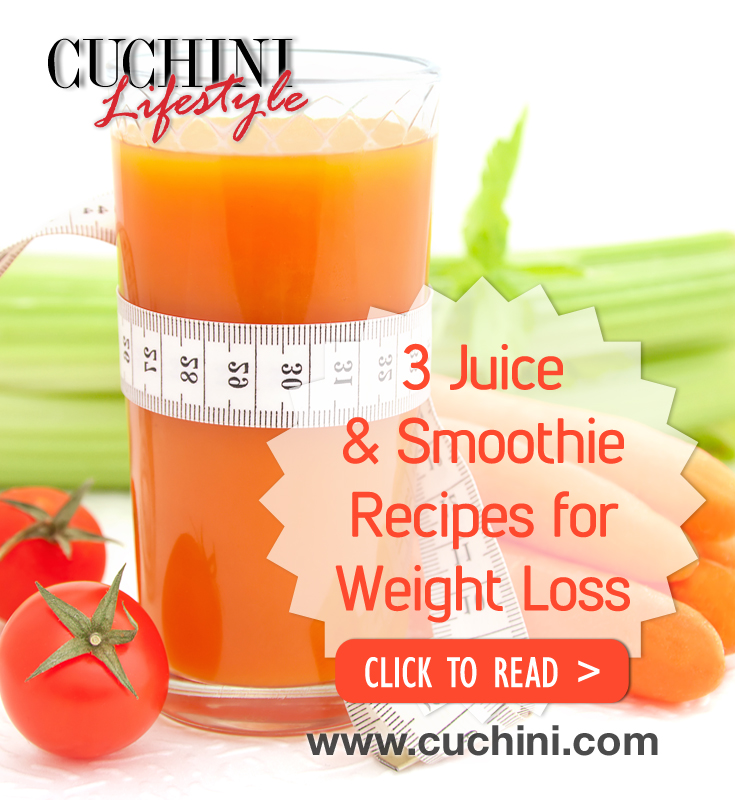 We hear so many information about food and its nutritional value, and often base our meal choices on it, but not everything is true! Below are the top food myths – debunked!
We hear so many information about food and its nutritional value, and often base our meal choices on it, but not everything is true! Below are the top food myths – debunked!
Food Myth #1: All Fats Are Bad and Will Make You Fat
 We’re sure you’ve heard this before and probably avoided fatty foods like a plague ever since. But, there is such a thing as ‘good fat’ which plays a vital role in reducing the risk of heart disease, fighting fatigue, managing moods, promoting weight loss and overall achieving mental and physical health. These fats are monosaturated fats, polyunsaturated fats, and Omega 3, 6 and 9, which are commonly found in canola and olive oil, avocados, almonds and walnuts, fatty fish, and soymilk.
We’re sure you’ve heard this before and probably avoided fatty foods like a plague ever since. But, there is such a thing as ‘good fat’ which plays a vital role in reducing the risk of heart disease, fighting fatigue, managing moods, promoting weight loss and overall achieving mental and physical health. These fats are monosaturated fats, polyunsaturated fats, and Omega 3, 6 and 9, which are commonly found in canola and olive oil, avocados, almonds and walnuts, fatty fish, and soymilk.
Still, more recent studies have shown that not all ‘bad fats’ like saturated fats are really bad. There are many types of saturated types and some of them may be quite helpful instead of harmful. Stearic acid, a type of saturated fat commonly found in dairy products and cocoa, is a High Density Lipoproten (HDL) cholesterol booster.
Food Myth #2: Eggs Raise Cholesterol Levels
 Eggs are high in dietary cholesterol. Seeing the word ‘cholesterol’ immediately sends out a red flag. However, dietary cholesterol found in eggs and other animal products have little effect on the amount of cholesterol in your system. What does affect cholesterol levels is saturated fat and trans fat. Eggs, however, just have about 1.5 grams of saturated fat, a lot less than what is found in the tablespoon of butter you cook the egg with.
Eggs are high in dietary cholesterol. Seeing the word ‘cholesterol’ immediately sends out a red flag. However, dietary cholesterol found in eggs and other animal products have little effect on the amount of cholesterol in your system. What does affect cholesterol levels is saturated fat and trans fat. Eggs, however, just have about 1.5 grams of saturated fat, a lot less than what is found in the tablespoon of butter you cook the egg with.
Food Myth #3: Fried Foods are Fatty
 French fries, deep fried chicken – those are definitely fried and fatty. But the occasional tempura or fried fish can be good for you if done right. When you fry food in hot oil, the moisture in the food seeps out and into the surface. This moisture acts as a filter which prevents oil absorption. That’s why as long as you cook in high oil temperatures (about 375°F) and drain your foods on a paper towel, you will be keeping calorie and fat intake at its minimum.
French fries, deep fried chicken – those are definitely fried and fatty. But the occasional tempura or fried fish can be good for you if done right. When you fry food in hot oil, the moisture in the food seeps out and into the surface. This moisture acts as a filter which prevents oil absorption. That’s why as long as you cook in high oil temperatures (about 375°F) and drain your foods on a paper towel, you will be keeping calorie and fat intake at its minimum.
Food Myth #4: Natural & Organic is Healthier
Not really. The word ‘natural’ is not defined by the USDA, so you can’t really tell if a product that says ‘natural’ on the label is what you perceive ‘natural’ to be. It may even be highly processed or contain high fructose corn syrup. While the term ‘organic’ is regulated by the USDA, it only means that the food is made without the use of synthetic fertilizers, growth hormones or pesticides. As long as you wash your conventional produce well, there’s really not much of a difference in going organic.
Food Myth #5: Cooking Olive Oil Removes Nutritional Value
Extra virgin olive oil is not as delicate as it sounds. It is quite stable and its nutritional value survives a sauté! As long as olive oil is not heated past its smoking point, at about 450°F, your oil still contains its healthful properties.
Those are our top 5 food myths debunked! Hopefully, with this, you will learn to accept some foods previously touted as ‘bad’ and be able to enjoy your favorites without feeling guilty.
 Did you enjoy this article?
Did you enjoy this article?






